|
A stellar bunch of authors wrote for us this year, making it harder than ever to choose our best writing of 2023.
Marcia Langton paid tribute to Yunupiŋu, one of the land rights movement’s crucial figures, a clan leader and a man of great kindness. Clare Wright marked the 60th anniversary of the Yirrkala Bark Petitions, a founding document few Australians have even heard of.
Maria Tumarkin and Juliet Rogers considered the impact of philosopher Rai Gaita on their thinking, in particular, his conception of conversation as both a pact and a precious opening. Writes Tumarkin: “The light of another person’s presence turned towards you will almost always illuminate something you couldn’t see or find thinkable before.”
The best writing can do the same for a reader, bringing a lustrous honesty. Two of our most moving pieces this year illuminated family secrets. Alison Watts told of her grandmother Ada: consigned to a mental institution for more than 20 years, her existence hidden from even her children.
Kevin Brophy wrote of going through his father’s papers after he died, wondering if the man encountered in them might have been “someone I would not have feared and might have even enjoyed knowing”.
Some of my other favourite essays explored the hidden grief of ageing, the lost art of letter writing and the “compelling psychodrama” of Australia’s prolific plagiarist, author John Hughes.
We look forward to bringing you more fine writing next year.
|

|
Suzy Freeman-Greene
Books + Ideas Editor
|
|
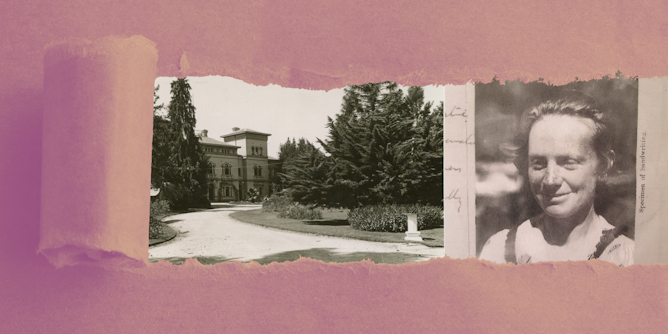
Alison Watts, Southern Cross University
Alison Watt’s grandmother was diagnosed with ‘puerperal insanity’ and institutionalised not long after giving birth to her father. He didn’t meet her – or know she was alive – until his early 20s.
|
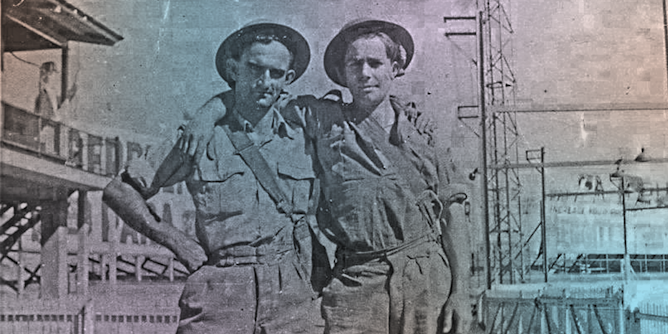
Kevin John Brophy, The University of Melbourne
Kevin Brophy grew up fearing his violent father. Going through the papers of his war record, he began to wonder if his dad was someone else as a young man — someone he might have enjoyed knowing.
|

Maria Tumarkin, The University of Melbourne; Juliet Rogers, The University of Melbourne
Bit by bit, the philosopher Rai Gaita showed Maria Tumarkin and Juliet Rogers the morally serious worth of face-to-face conversation.
|
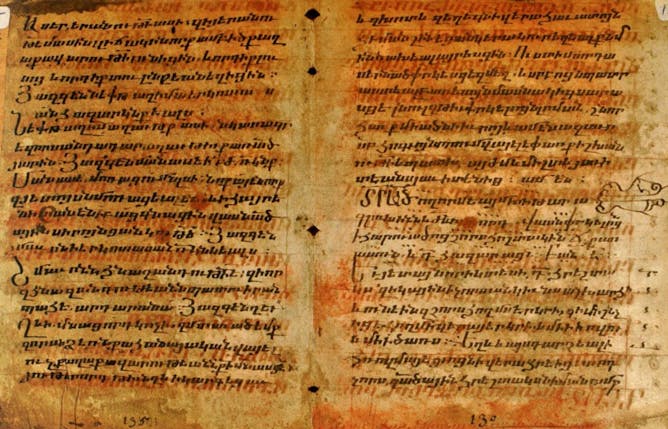
Dan Dixon, University of Sydney
Plagiarism can feel like a personal deception, but there is something tragic about it too.
|
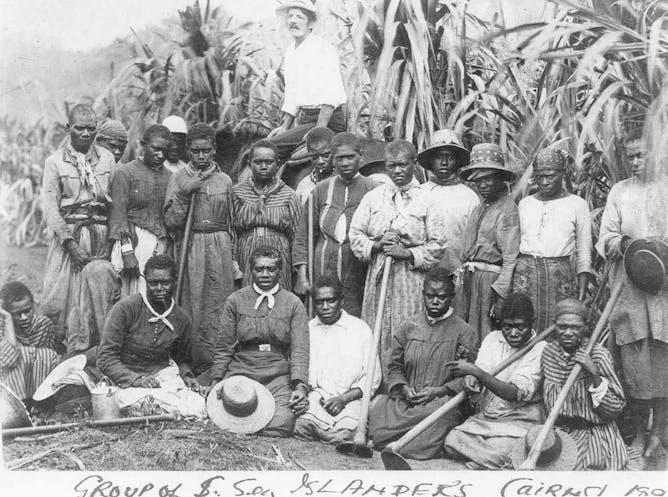
Sally Young, The University of Melbourne
Recently, The Guardian revealed its links to slavery and the cane fields – but less well-known is The Sydney Morning Herald’s links to sugar and the slave trade.
|
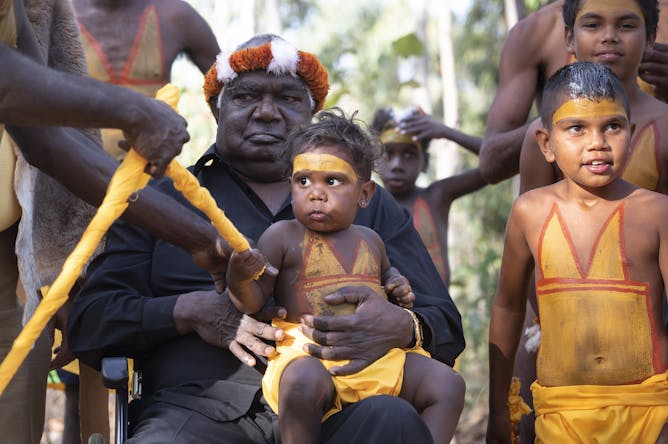
Professor Marcia Langton, The University of Melbourne
Marcia Langton remembers Yunupiŋu: a magnificent person and a magnificent leader.
|
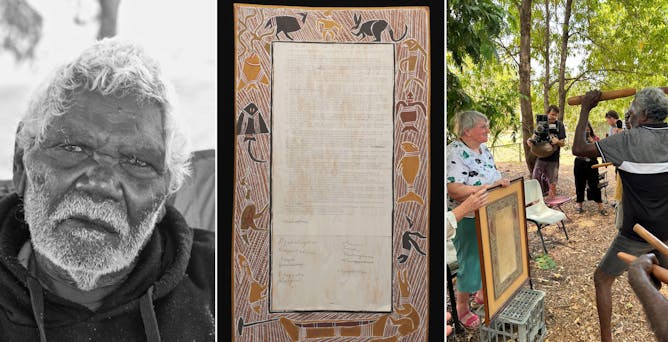
Clare Wright, La Trobe University
Clare Wright has spent ten years researching the history of these groundbreaking petitions. Though few Australians have heard of them, she writes, we can learn much from the story of their creation.
|
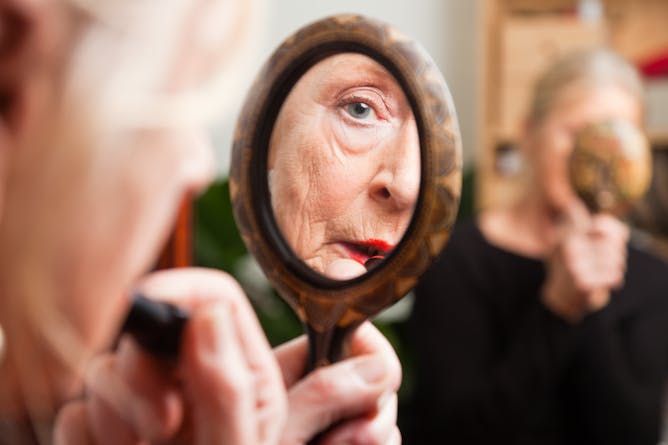
Carol Lefevre, University of Adelaide
As we age, it can be hard to fathom the gap between our younger selves and the bodies we inhabit. Carol Lefevre explores this strange form of homesickness.
|
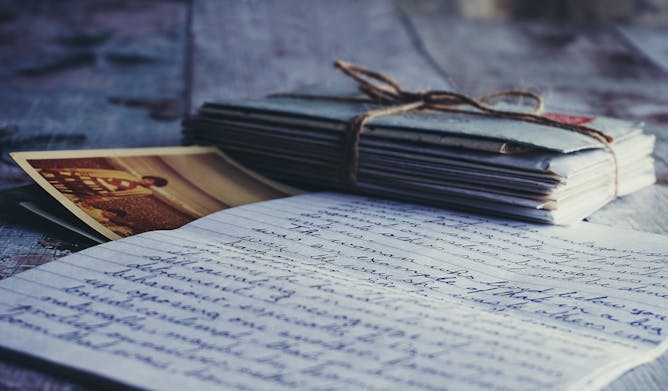
Edwina Preston, The University of Melbourne
Edwina Preston pays tribute to the humble letter: from literary love letters to philosophical lessons to cherished family heirlooms. Letters impart lessons, reveal character – and are a form of art.
|
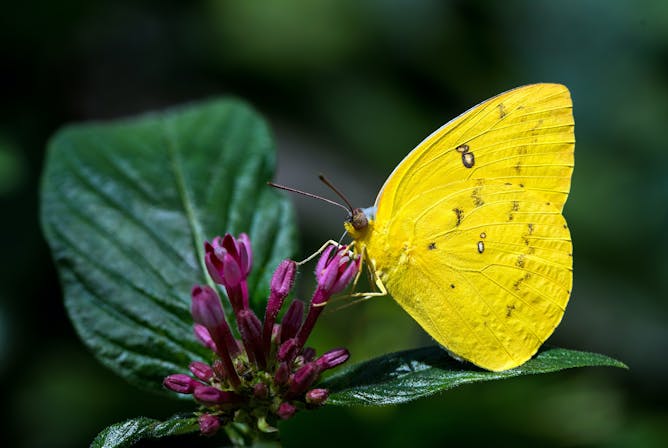
Jane Gleeson-White, UNSW Sydney
Alexis Wright’s latest novel is an elegy and an ode to Aboriginal law and sovereignty: innovative, visionary, and volcanic in its rage.
|
| |
|
|
|
The Conversation AU
Melbourne Victoria, Australia
•
Full Time
|

|
|
The Conversation UK
United Kingdom
•
Full Time
|

|
|
The Conversation UK
Republic of Ireland
•
Full Time
|

|
|
The Conversation AU
Melbourne VIC, Australia
•
Full Time
|

|
|
|
|
Featured Events, Courses & Podcasts
|
View all
|
|
1 January 2023 - 7 October 2026
•
|

|
1 February 2023 - 25 November 2029
•
|
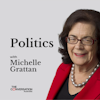
|
|
|

|
|
|
|
| |
| |
| |
| |
| |
|
|